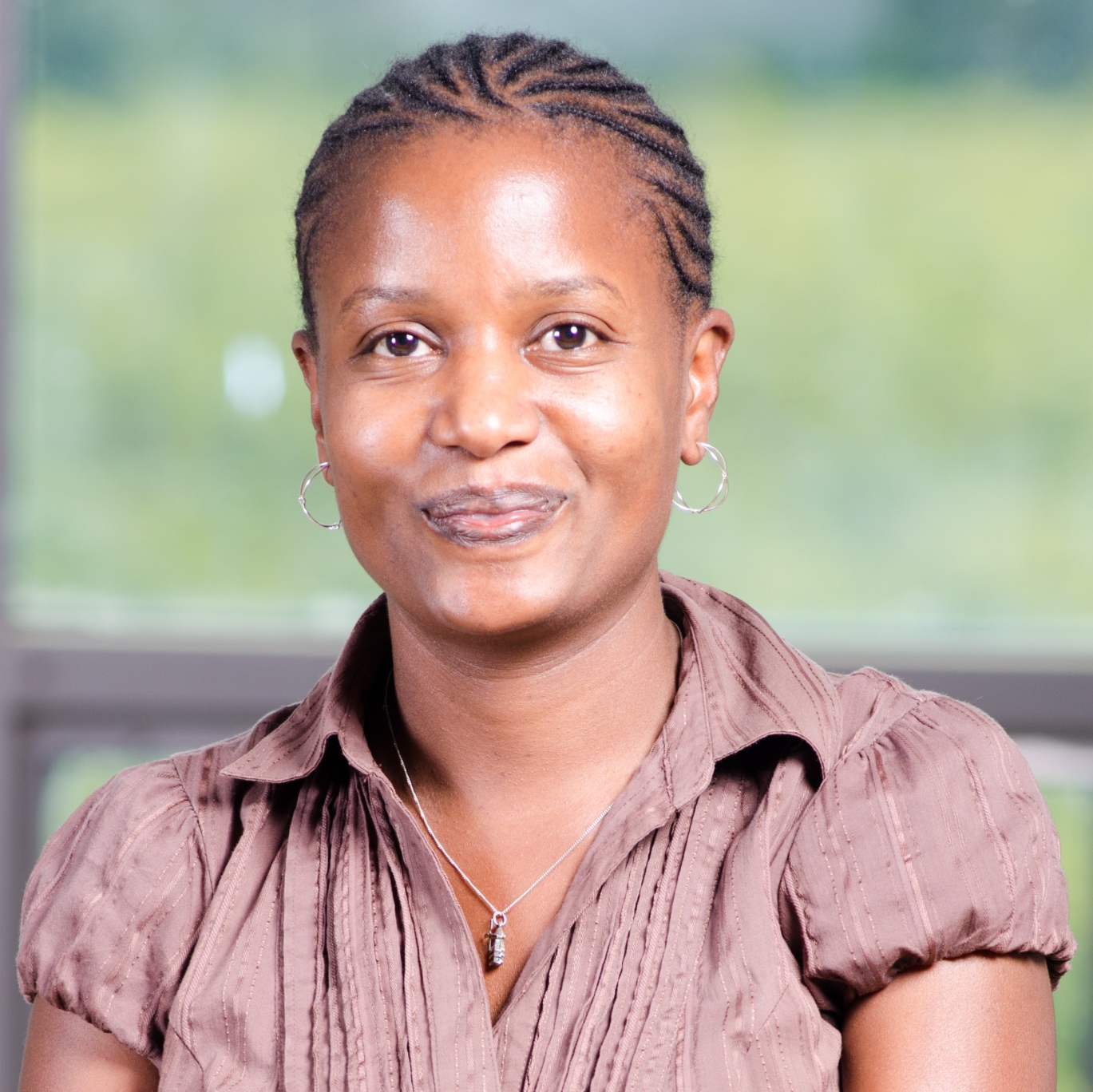CONTRIBUTORS

Caroline Kabiru
Head of Sexual, Reproductive, Maternal, Newborn, Child and Adolescent Health (SRMNCAH)
Abdhallah Ziraba, who heads the Emerging and Re-emerging Infectious Diseases research unit at APHRC, began his career as a research trainee. He was one of the first benefactors of this program. Ziraba had just completed his Masters’s degree in Epidemiology at Makerere University, Uganda, when he began looking for opportunities to strengthen his research capabilities that would significantly impact sub-Saharan healthcare systems.
“I applied to APHRC because of the research trainee program they offered. My graduate degree gave me the knowledge I needed, but I also needed practical experience in the research field. The program offered me an opportunity to learn about research management and also opened doors for me to pursue my doctorate studies later.”
Looking back, Ziraba reflects that joining the program was the right career move because it exposed him to scientific networks and various doctorate opportunities. He went to the London School of Hygiene and Tropical Medicine in 2008, where he studied Epidemiology and Population Health.
All the trainees pursued doctorate studies. Elizabeth Kimani-Murage was one of them. Currently the head of the Nutrition and Food Systems unit at APHRC.
“I joined APHRC as a research trainee in 2003 and, slightly over three years later, won a doctorate scholarship in public health at the University of the Witwatersrand, South Africa. My research was on the double burden of malnutrition – undernutrition in children under five years of age and overnutrition in adolescents in rural South Africa. My interest in child nutrition was cultivated as a research trainee actively taking part in projects that shed light on food scarcity and malnutrition in marginalized communities, especially the urban setting of slum areas in Nairobi.”
One of the significant projects Ziraba was involved in as a research trainee was a project on the prevention of cervical cancer through screening using VIA (acetic acid). The team conducted the project in six countries, and he was part of the data management team that APHRC scientists led.
Gloria Langat, head of the Aging and Development unit and a Senior Research Scientist at APHRC, narrates her experience as a research trainee. “I joined APHRC as a research trainee in 2000 as the first cohort of the traineeship program. We were each allocated supervisors who orientated us on the projects. After two weeks of induction, they allocated us tasks within these projects. Some skills we had to perfect were data analysis software such as Stata and NVivo, overseeing fieldwork, conceptualizing research questions, identifying research gaps, and proposal development, all part of our learning curve.”
The traineeship learning experience was instrumental in getting accepted at the University of Southampton in the UK for her doctoral degree in Social Statistics, specializing in Demography.
When asked how the traineeship helped in her doctoral studies, Elizabeth explained, “The level of training APHRC offered me at the time went a long way in carrying out my doctoral studies. One of my highlights was managing the fieldwork in rural South Africa. Equipped with project management skills from the traineeship made it easier to complete my studies within the stipulated time.”
APHRC research strengthening capacity was not only restricted to master-level training, but once the trainees completed their doctoral studies, they were eligible to apply for post-doctoral fellowships at APHRC.
Caroline Kabiru, now the head of the Sexual, Reproductive, Maternal, Newborn, Child, and Adolescent Health (SRMNCAH) unit, was one benefactor of the post-doctoral fellowship. “When I joined APHRC in 2007 as a post-doctoral fellow, I had completed my doctoral studies at the University of Georgia in the United States. This fellowship allowed me to be a fully-fledged independent researcher. I acquired the chance to learn about research management and honed my writing and project management skills.”
Caroline was tasked with managing two projects. The Relationship History Calendar project’s first project tested a new tool to collect data on sexual and reproductive behaviors among young people in Kisumu.
“This project was a real eye-opener for me. I was involved in the project’s research, logistics, and administrative aspects. I learned to manage budgets, develop data collection tools, oversee fieldwork, and seek necessary approvals for the project.”